Robert Millhouse Artisan poet of Nottingham & the Burns of Sherwood Forest.
Robert was part of The Sherwood Gathering Group in Edwinstowe and a close friend to Mr. C. Thomson, artist of Edwinstowe. This was reported in the Sheffield Independent newspaper on Saturday 09 July 1842.
“During the second annual gathering of Sherwood Foresters in honour of Literature, Science, Art, and Moral Worth, held in the village of Edwinstowe, on Tuesday week, in an immense booth on the forest side, which was tastefully decorated with flower, and where a little less than five hundred persons participated in the proceedings. An excellent collation was provided for the occasion. Mr. C. Thomson was called to the chair; and after the usual toasts had been drank, a glee was sung, written by Mr. Spencer T. Hall, formerly of this city, and a beautiful poem was read on the gathering of the Sherwood Foresters, from the pen of Miss E. S. Carey. Among the sentiments proposed, The immortal memory of Robert Millhouse, by Mr. S. T. Hall, and a collection was made For the purpose of placing a memorial over Millhouse’s grave.”
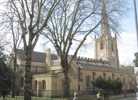 Robert was born in October 1788 at Nottingham. He was the son of John and Mary Millhouse. His only education was obtained at Sunday-school. He also sang in the choir of St. Peter’s Church.
Robert was born in October 1788 at Nottingham. He was the son of John and Mary Millhouse. His only education was obtained at Sunday-school. He also sang in the choir of St. Peter’s Church.
Acknowledgement Southwell Church History Project
He was sent to work at 6 years and from the age of 10 he worked at a stocking-loom. During 1804, with his elder brother John, he read much poetry which included the works of Shakespeare, Milton, Gray Pope’s Homer and Dryden’s Aeneid. In 1810, when he was 22, he joined the joined the Royal Sherwood Foresters or Notts. Militia and went to Ireland. He returned four years later when the regiment was disbanded in 1814, Robert returned to his weaving as well as writing verses in his free time.
His poems attracted favourable notice and in 1822, his friends obtained him a grant from the Royal Literary Fund. 10 years later he became assistant at a savings bank, and so was able to dedicate more of his time to literary pursuits.
Robert married, in 1818, Eliza Morley and together they had 8 children. Later, in 1836, he married Marion Moore and he had 2 more children. He was described as a steady, sober, and honest man.
He produced numerous single poems and a collection of sonnets. Also, in 1826, ‘The Song of the Patriot, Sonnets and Songs’, which was well received. He produced other works including, ‘Sherwood Forest’ and ‘The Destinies of Man’.
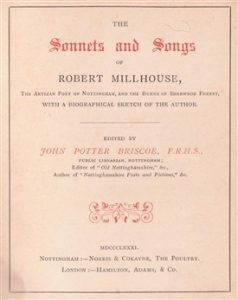
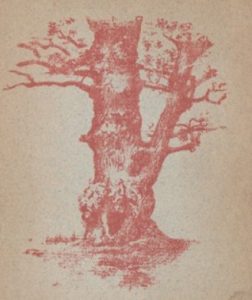
Millhouse died at 32, Walker Street on Saturday 13th April, 1839. He is buried in Nottingham cemetery and inscribed on the tomb a few years later by his friend Dr. Spencer T. Hall:
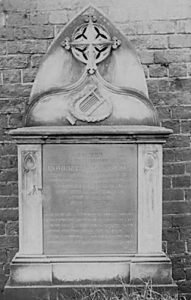
‘Then Trent shall flow no more, and blossoms fail
On Sherwood’s plains to scent the springtide gale;
When the lark’s lay shall lack its thrilling charm,
And Song forget the Briton’s soul to warm;
When love o’er youthful hearts hath lost its sway,
Thy fame, O Bard ! will pass-but not till then away’.
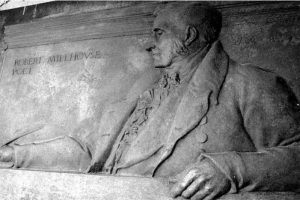
Reference Wikipedia
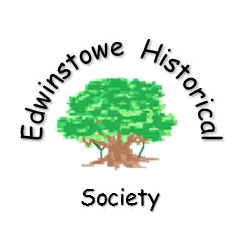 Edwinstowe Historical Society
Edwinstowe Historical Society